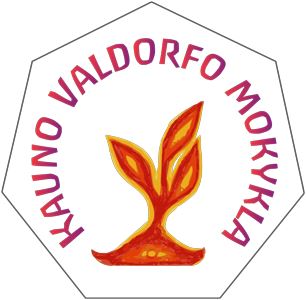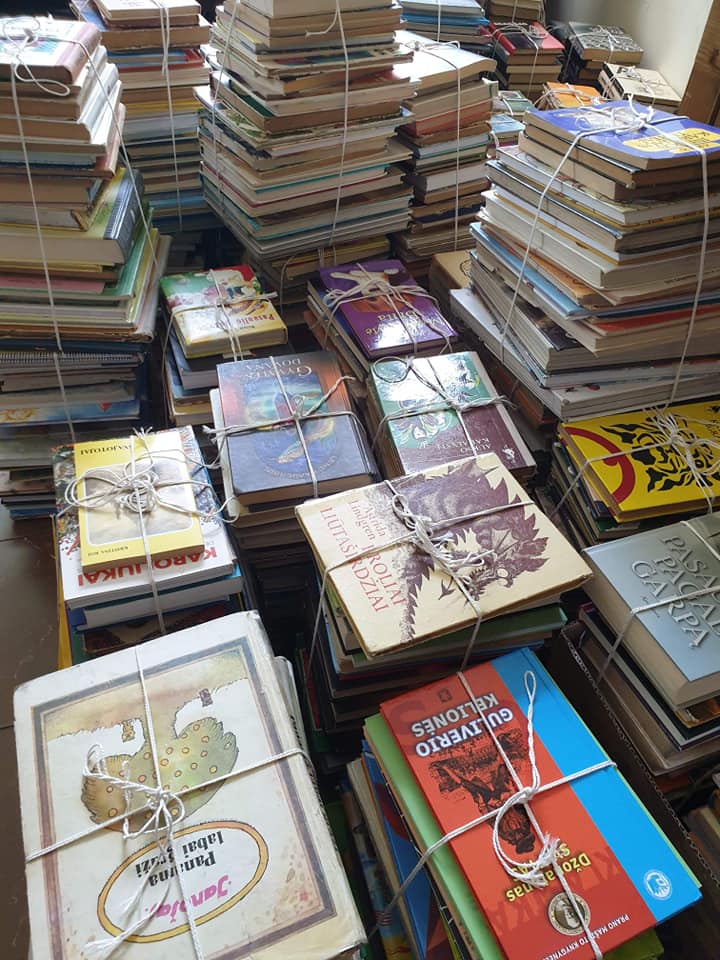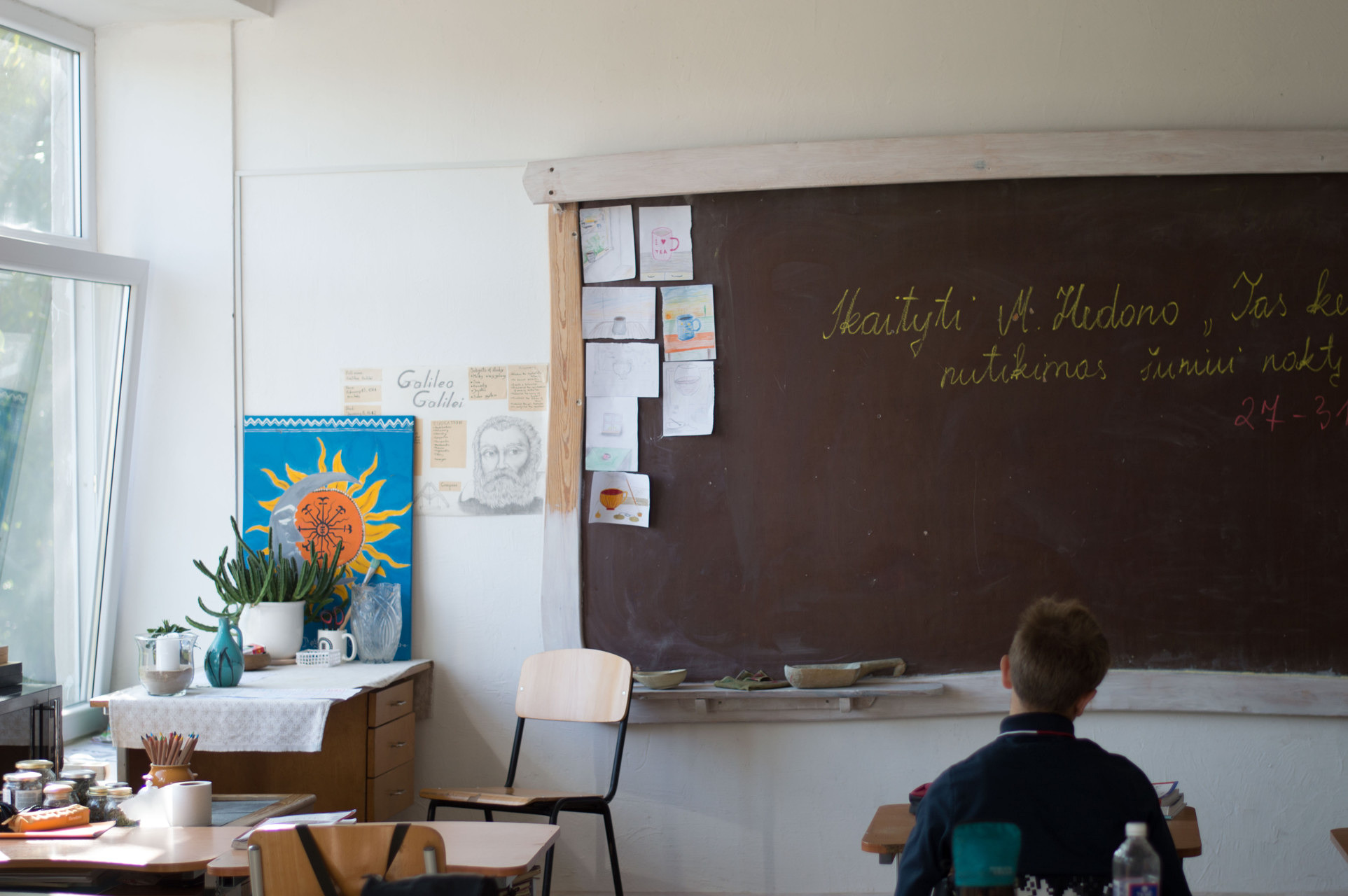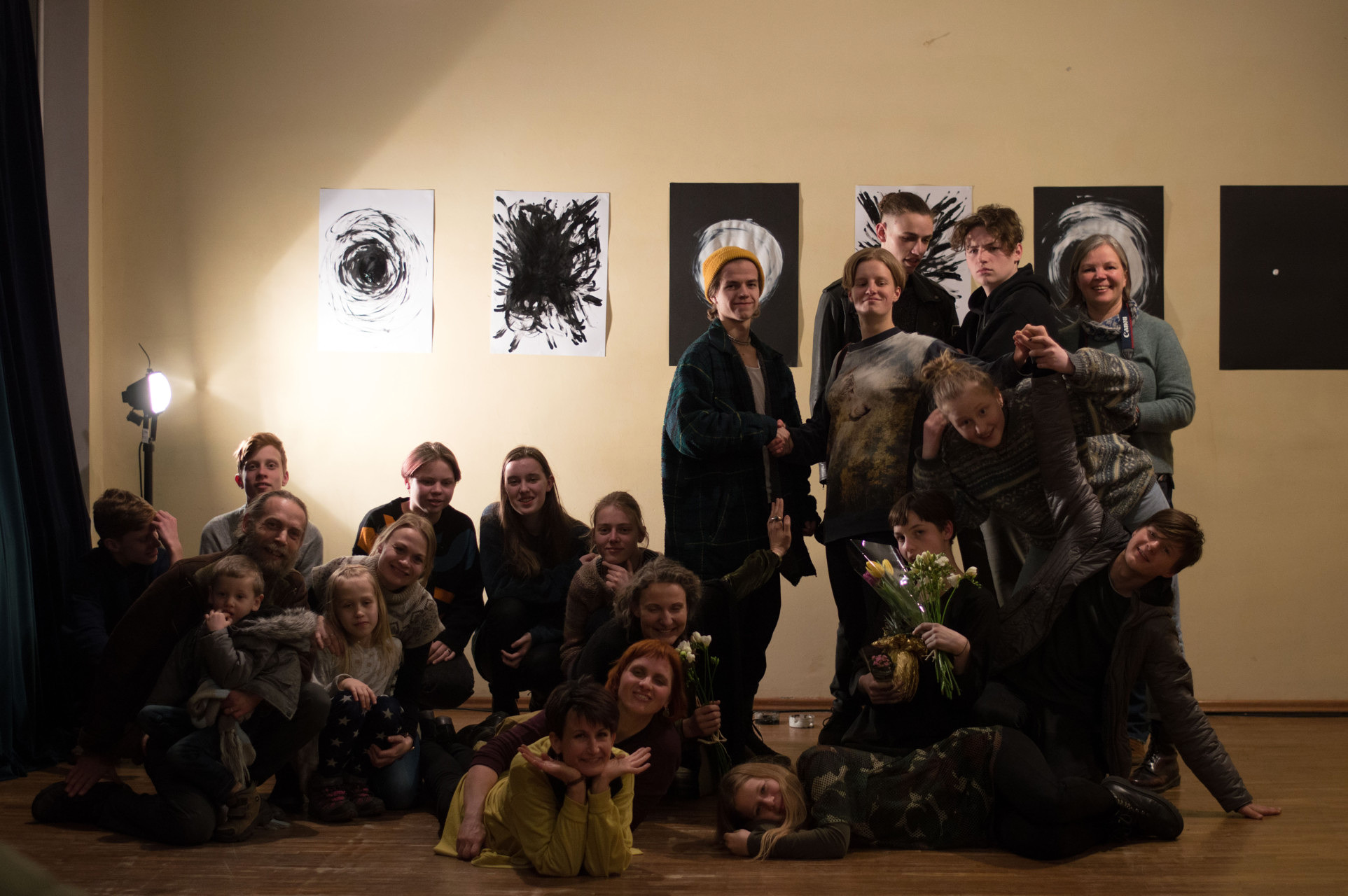The ninth grade is accompanied by one of the three arts of language - dialectics, in other words, the power of language. A person is now looking for someone he can trust. It is now that the whirlpool of adolescence is still spinning at full speed and the search for ideals is reaching its apogee, the power of language playing a vital role in human development. Language as a “tool” for getting to know other people and developing tolerance plays a particularly important role in its ethical - moral duty.
Short satirical texts, prose works, poems, plays, ballads, funny phonetic exercises stimulate students' motivation, desire to express their thoughts and provide many opportunities for students to find answers to the questions that arise. Satire and humor soften the whirlpools of adolescence.
As independence becomes more and more important, it is very important to strengthen it by submitting individual assignments, individual class and homework. There is always a choice between several options so that students have freedom of choice. Literary works are chosen at the discretion of the teacher. The readings use a collection of short texts compiled by the students themselves (with the help of the teacher, of course).
From new to latest - a rapidly and dynamically changing world interacts with man, the question arises: what should a modern person be like? Issues of justice and responsibility prevail, and activities become more results- and process-oriented. The ideals discussed; biographies bestowed on mankind by famous personalities, testifying to the processes and strength of character formation; biographies that support us spiritually. Self-education exercises are encouraged.
Internships, work with people: children's day stops, nursing homes, nursing, social work, and entrepreneurship activities – įvairūs susitikimai, verslo planų kūrimai.







